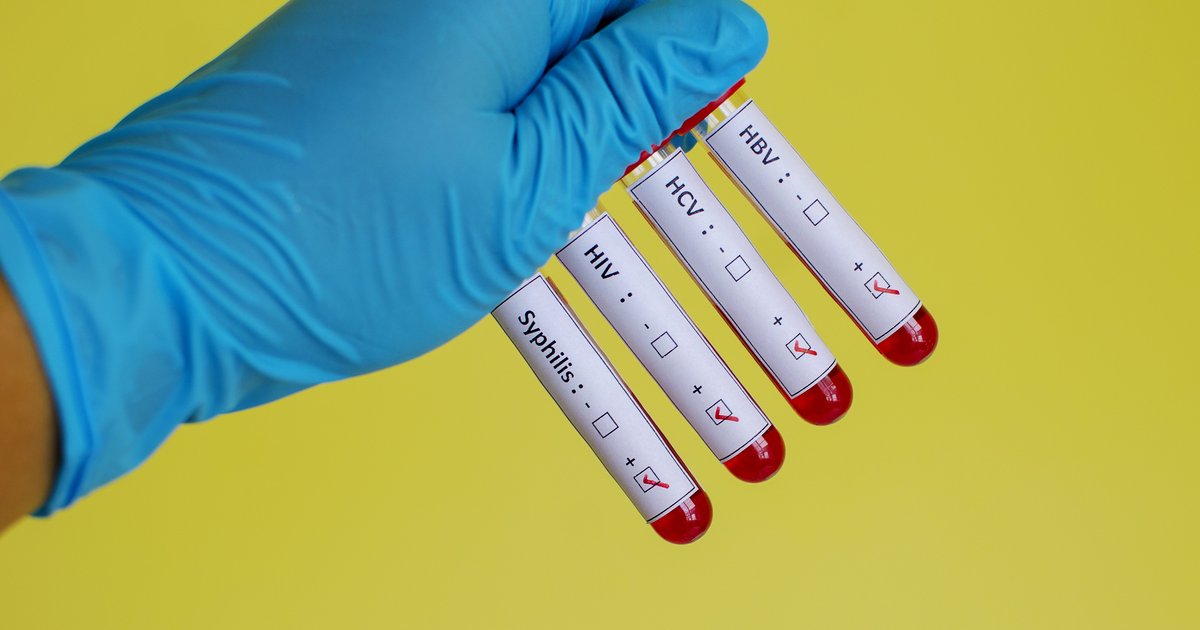(Vienna, 27 October 2023) With 17 million cases of sexually transmitted infections reported, a historic high was recorded in the WHO European Region in 2019. Against this background, international experts, including Georg Stary and Katja Knapp of MedUni Vienna, provides a comprehensive overview of the situation and challenges facing public health. The series of articles is currently being published in the renowned journal “The Lancet Regional Health – Europe”.
One of the United Nations’ goals in the “2030 Agenda” is to reduce sexually transmitted infections (STIs) to the extent that risk to the global population is avoided. In order to bring this project back into the spotlight, at least in the European WHO region, after the Covid-19 pandemic, scientists addressed the topic in four recently published studies. Among other things, the epidemiology in Europe, ongoing prevention strategies in various countries, and access to modern treatment methods for those affected were analysed.
Current data demonstrate the urgent need for action: for example, between 2010 and 2019, the number of syphilis cases among people aged 15 to 49 years in Europe rose by 87 percent. In the same period, nearly twice as many new HIV diagnoses have been made than in previous decades, meaning that around 1.5 million people are now reported to be infected. Also of concern is the European-wide increase in cases of chlamydia and gonorrhea (“gonorrhea”), as well as the occurrence of infections not previously associated with sexual transmission in the first place (such as hepatitis B or shigellosis). Austria is also following this worrying trend, and is particularly known for its high levels of gonorrhea and chlamydia infections, according to Georg Starry and Katja Knapp of the University Clinic for Dermatology at MedUni Vienna, who contributed to the series of articles.
Increased high-risk sexual behavior
Scientists believe that the reasons for this development are the increase in high-risk behaviors during sexual intercourse, which in particular includes unprotected sexual intercourse with variable partners. This is supported, among other things, by the highly effective preventive strategy of pre-exposure prophylaxis (PrEP), which prevents HIV infection, but can increase the spread of other STDs by not using Condom.
Although the numbers are alarming, their importance is limited due to the specific circumstances of each country. Accordingly, one of the experts’ demands is to unify the surveillance and reporting systems for sexually transmitted diseases in European member states of the World Health Organization. In this way, reliable data can be obtained on the size and composition of target groups, especially regarding prevention measures. Above all, this includes maintaining awareness of the enormous importance of condoms as a means of protection against sexually transmitted diseases. “Especially in Austria, there is often a lack of useful data on the incidence of the most common sexually transmitted diseases,” criticizes Georg Starry. “Bacterial STD resistance properties are also urgently needed so that we can administer antibiotics quickly and in a targeted manner if necessary.”
Publications: Sexually Transmitted Infections 1-4, Lancet Regional Health – Europe
Treatment of sexually transmitted bacterial diseases in Europe: gonorrhea, mycoplasma genitalium, and syphilis
Oriol Mitja, Clara Saunier, Lorenzo Giacani, Martti Val Mains, Jorge Sorin Teplica, Jonathan D. C. Ross and Catriona S. Bradshaw
https://doi.org/10.1016/j.lanepe.2023.100737
Prevention strategies for sexually transmitted diseases, HIV, and viral hepatitis in Europe
Deniz Gökingen, Timur Nuri, Andrea Alemany, Carlo Benkowski, Geoffroy Lejeune, Ahmet Çakan Enkaya, Jorge Carrillo, Jorge Stari, Katja Knapp, Oriol Mitja, and Jean-Michel Molinal.
https://doi.org/10.1016/j.lanepe.2023.100738
Epidemiology and determinants of the resurgence of bacterial sexually transmitted infections (STIs) and emerging STIs in Europe
Oriol Mitja, Valeska Badovice, Cinta Folch, Isota Russoni, Michael Marx, Mikel Angel Rodríguez y Arias, Amalio Telente, Angela Cioffi, Karel Blondel, Otilia Mard, and Jordi Casabunay.
https://doi.org/10.1016/j.lanepe.2023.100742
Management of bacterial sexually transmitted infections (STIs) and prevention of HIV/STIs in Europe
Cécile Pepiard, Sabine Perrier, Béatrice Persaud, and Charles Casanavibe
https://doi.org/10.1016/j.lanepe.2023.100760

“Tv expert. Hardcore creator. Extreme music fan. Lifelong twitter geek. Certified travel enthusiast. Baconaholic. Pop culture nerd. Reader. Freelance student.”







More Stories
Construction of the world's tallest telescope has been completed
Roma and Sinti have to change places
Mysterious methane on Mars: NASA has a new theory